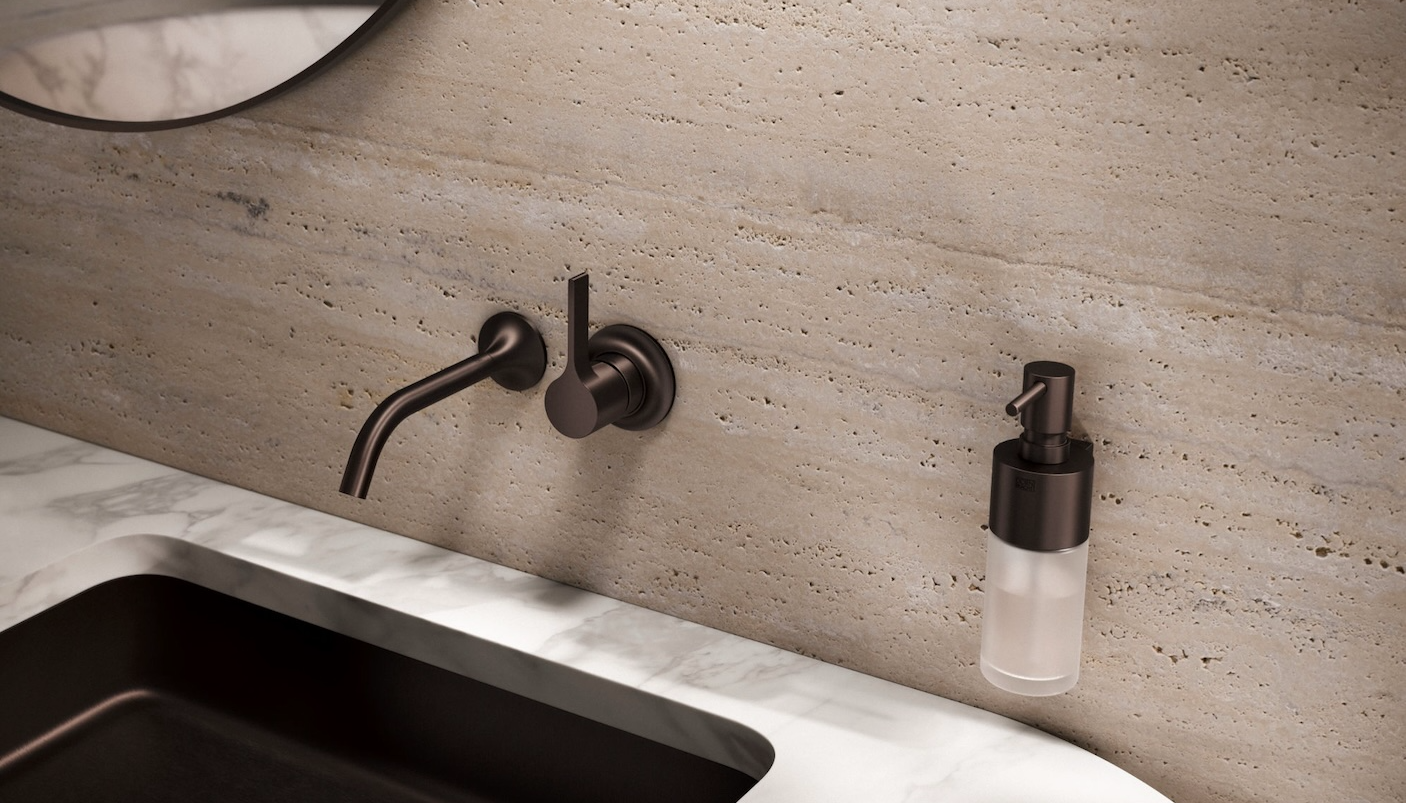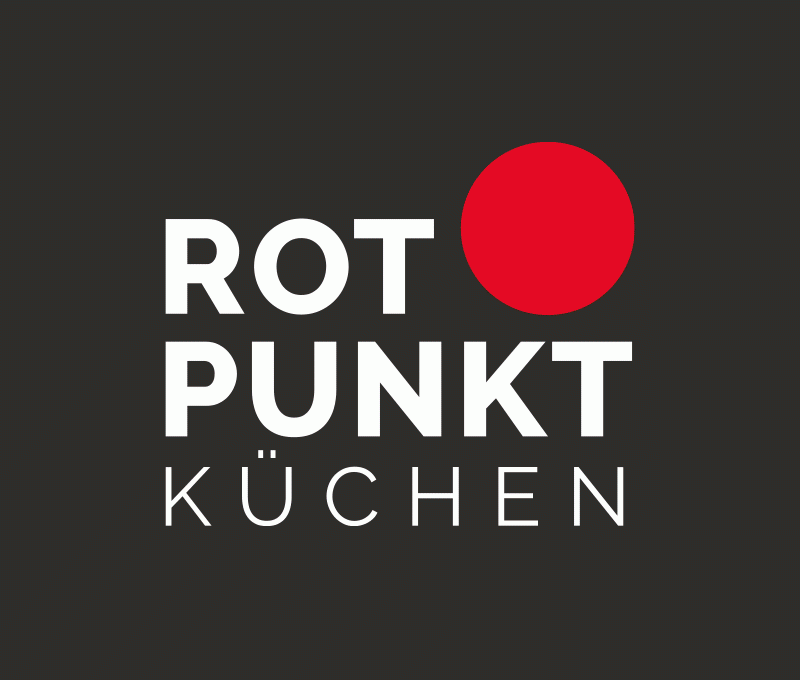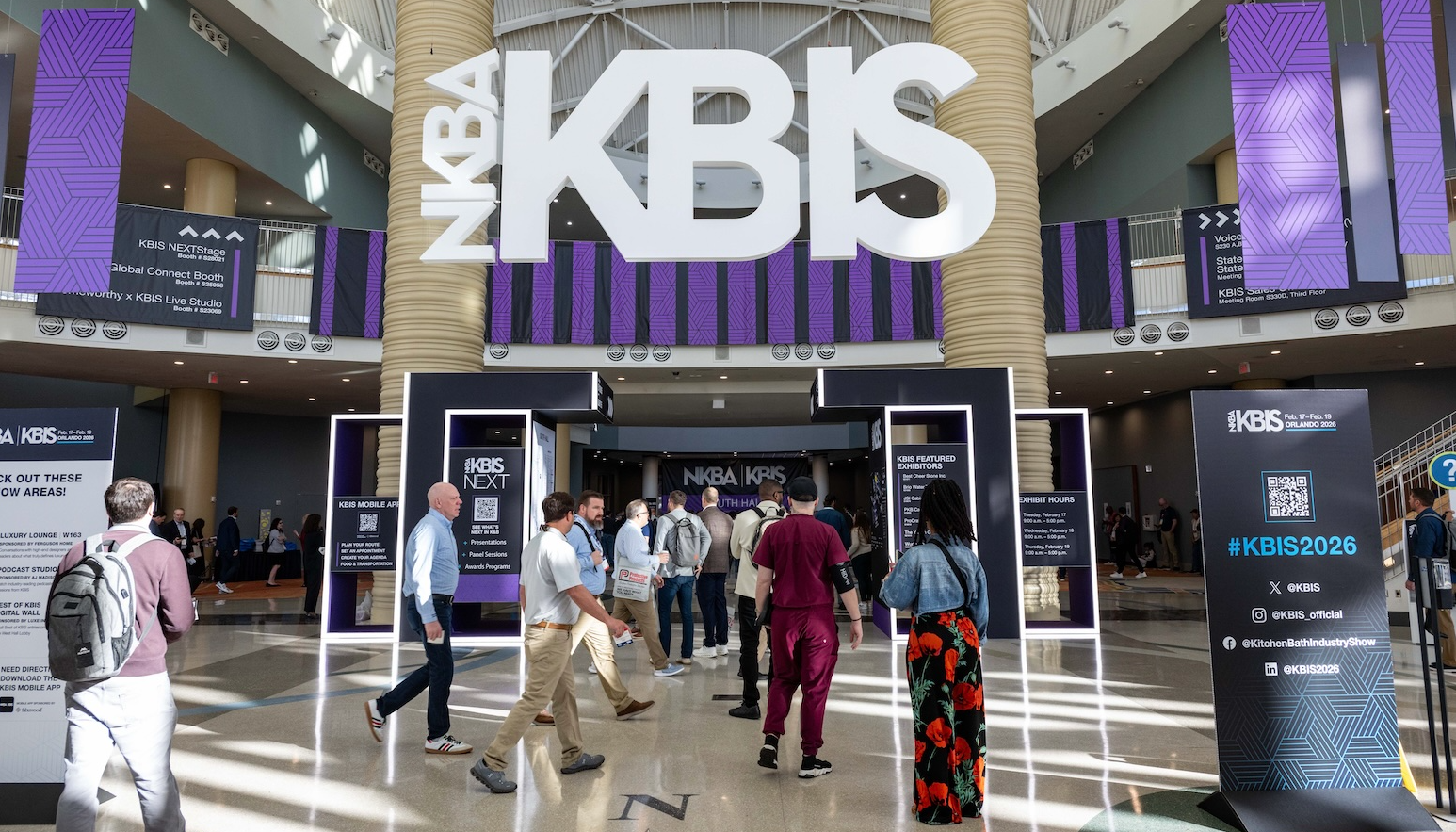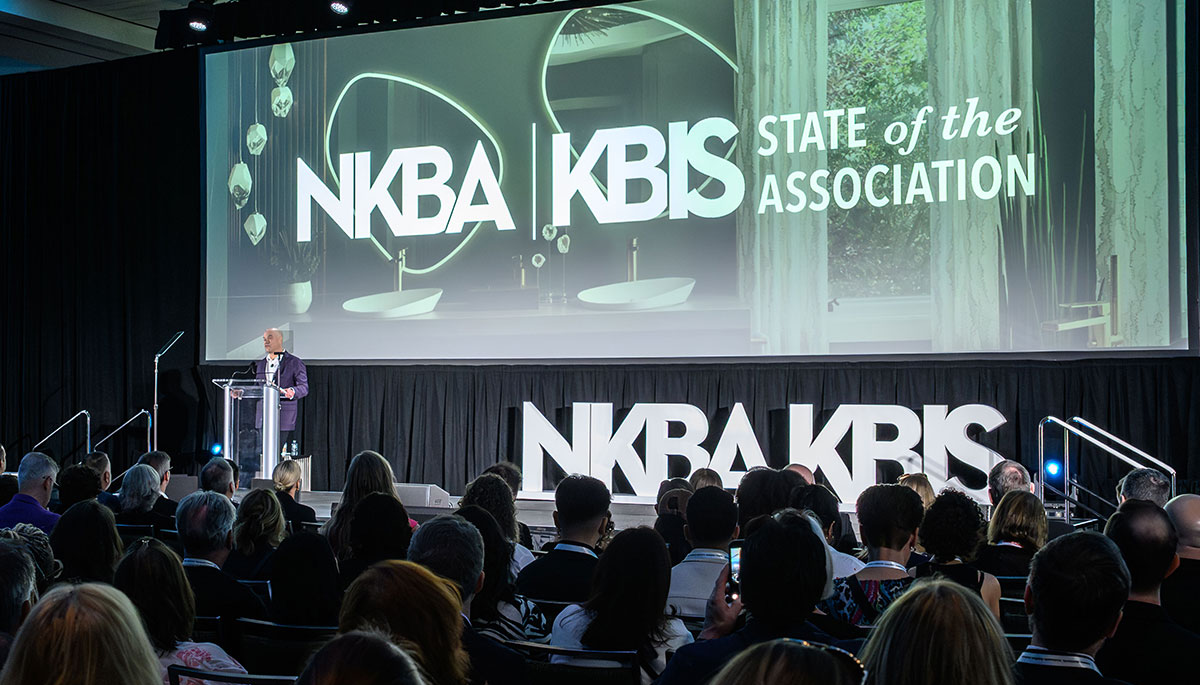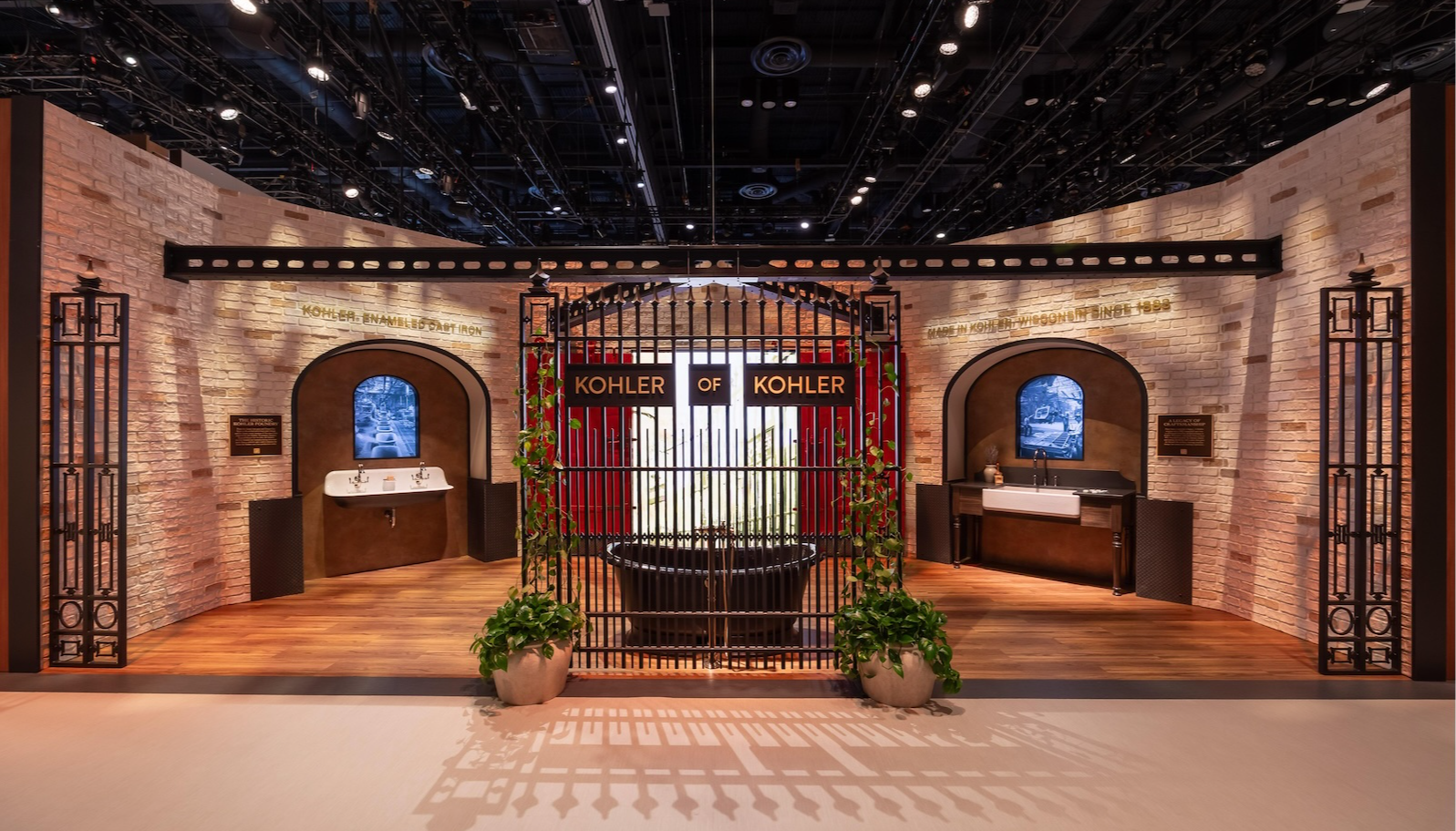Sustainability focus: All consumers really want is clear messaging

Sustainability focus: All consumers really want is clear messaging
Research by specialist construction and home interiors PR agency Unhooked Communications has revealed that cost, greenwashing and jargon are among consumers' top concerns when buying sustainable products for home renovation projects – Unhooked founder Claire Gamble explains.
Q: Is sustainability becoming more important for consumers?
A: Absolutely – our research proves that people definitely want to make more informed choices about sustainability when buying products and materials for their homes. Nearly two-thirds (62%) said they would be likely to check the sustainability or environmental impact of appliances before buying them, over half (54%) said they’d check before buying building materials, and 53% said they’d check before buying home furnishings.
Considering that, in the next 12 months, 53% of people plan to do ‘soft’ home improvements – such as decorating or buying new products for the home – and 16% plan to do building work and/or external improvements, it’ll be more important than ever for brands to be clear, honest and specific about their sustainability credentials in the products they promote.
Q: Tell us about the concerns consumers have about buying sustainable products and materials – how significant do you think these are as barriers when it comes to making sustainable purchases?
A: The main concerns centre on cost and clarity of messaging. Over half (52%) of the people we spoke to said they would like to buy products or materials for their home that are sustainable and have a positive impact on the environment, but worry the products are expensive. On top of this, 50% said they worry that a company’s claims around the sustainability credentials of their products or materials for their home may be misleading or inaccurate. Nearly a quarter (23%) said they don’t understand the language and terminology used by businesses to explain the sustainability credentials of their products or materials.
With this in mind, it’s really important that when they’re in the process of developing sustainable products, brands think about the viability of consumer purchasing, selecting a price point that won’t put people off buying, and consider from the very beginning how they’ll back up their messaging with data and insights to prove what they’re saying about the products is true.
Q: What do you think needs to be done to address consumer concerns?
A: Before businesses even start considering their PR strategies to communicate their environmental and sustainability credentials, firstly they need to make sure they’re operating in a way that genuinely benefits the planet and people, from their business operations and Environmental, Social and Governance (ESG) policies through to their manufacturing methods and investment strategies.
Secondly, businesses need to have clear evidence to back up what they’re doing, whether its testing and data to support the energy efficiency claims of their products and materials, or regularly monitoring and measuring improvements in other areas of their business, such as recycling and reducing carbon footprint.
Finally, we found that one of the key challenges for consumers is having a clear understanding of where to find information about the sustainability of products. Respondents told us they’d like to head to review sites (23%), social media (22%), packaging (19%), and news stories (16%) to find their information, yet more than a quarter (27%) said they’re still unclear on how to check the information and proof of sustainability claims for products or materials for their home. Businesses should be considering the user journey – and consumers’ clear desire to find out more information about their products – at the very beginning of product development.
Q: How can companies prove their sustainable credentials and allay fears of greenwashing?
A: Our research shows shoppers will check several sources when researching the sustainability credentials of products and materials for the home, so it’s therefore important for businesses in the construction and home interiors industries to have consistent messaging and proof points across multiple channels.
This should include their website and social media, as well as third party channels, such as review sites and media outlets. Awards and accreditations can also help to build trust and credibility, and companies should also share news stories about their latest sustainable product developments with trade and consumer news outlets to reiterate their messaging to their target audiences.
Q: Do you think retailers have a part to play? What can they do?
A: It’s up to retailers to do their due diligence when it comes to selecting the brands and products they sell. Once they’re satisfied a brand’s products do match up with the sustainability claims being made, they can work closely together with the company to engage their customers. Using cross channel promotion, retailers can highlight the great things about their suppliers’ products which will catch the eye of potential buyers, while the brand in question can return the favour by letting their audiences know where their products can be purchased. This has big benefits for both businesses, and the consumer, who knows exactly where to find exactly what they want.
Tags: insight, features, claire gamble, sustainability, greenwashing, kitchens, bathrooms






